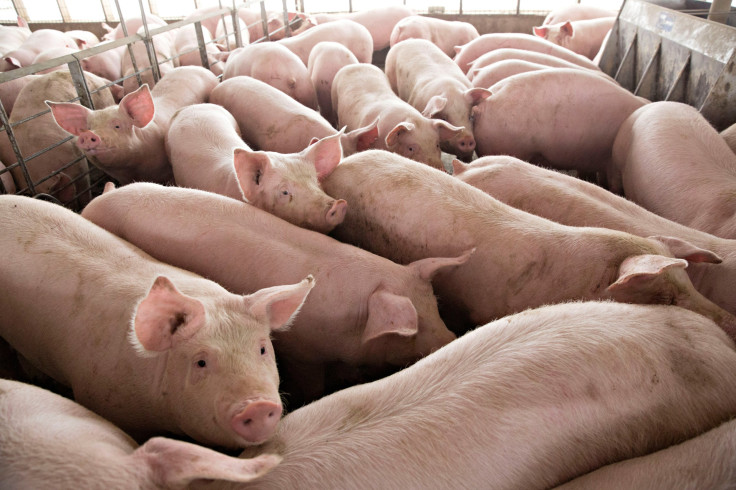After Canada, Mexico Announces Trade Tariffs On Imports From US

On Tuesday, Mexico announced a long list of United States’ products it would start levying additional import duties on, less than a week after President Donald Trump’s administration said it was lifting the exemptions given to Canada, Mexico and the European Union from higher tariffs on steel and aluminum imports from those regions. Canada announced its own list last week, and the EU said it would do so too later in June.
The new tariffs imposed by Mexico on steel imports are significant for the U.S., the biggest supplier to the country, providing over a third of all steel goods imported into Mexico, a net importer of steel products. In 2017, Mexico imported a total of the $10.5 billion worth of steel products, of which the U.S. accounted for 36 percent, or almost $3.8 billion, according to U.S. government data. In 2017, it was the second-largest importer of U.S. steel and steel products, which will now face an additional 25 percent tariff, in line with what the U.S. has imposed.
When it comes to pork and other porcine products, Mexico is the biggest importer of goods produced in the U.S. by volume, and pork producers in the country will now be subject to a tariff of 20 percent on a range of goods, including pork leg and shoulder, and ham, according to a Mexican presidential decree that announced the tariffs. That will also possibly mean increased supply in the U.S. domestic market, leading to a reduction in prices in supermarkets, but farmers are likely going to be an unhappy lot.
Of the almost $6.5 billion worth of pork exports from the U.S. in 2017, almost a quarter — over $1.5 billion — was imported by Mexico, data from the U.S. Department of Agriculture showed. In value terms, it was second only to Japan.
Other agricultural goods have been hit too, including apples, cranberries, potatoes, various varieties of cheese, and even “Tennessee” or bourbon whiskey. They will be hit with taxes ranging between 15 and 25 percent.
In its initial reaction to the new U.S. tariffs on May 31, Mexico had said it would keep its retaliatory levies in place till the U.S. government rolled back its decision. On Monday, the country also said it would start proceedings in the World Trade Organization against the U.S. tariffs, a move already being followed by Canada, China, India and a number of other countries.
These developments make it more difficult for any deal to be reached on the North American Free Trade Agreement (NAFTA) that Trump has been trying to renegotiate with Canada and Mexico. Larry Kudlow, economic advisor to Trump, said Tuesday the administration wants to replace the agreement entirely, with separate trade deals with both the northern and southern neighbors. But given how both those countries have long opposed such a proposal, it is not clear at all how it will ever come to be.
Mexico and the U.S. had total trade of about $557 billion in 2017, with a balance of $71 billion in the favor of Mexico. About 16 percent of all U.S. exports go across the southern border, while about 80 percent of all Mexico exports are bought by the U.S.
© Copyright IBTimes 2024. All rights reserved.





















